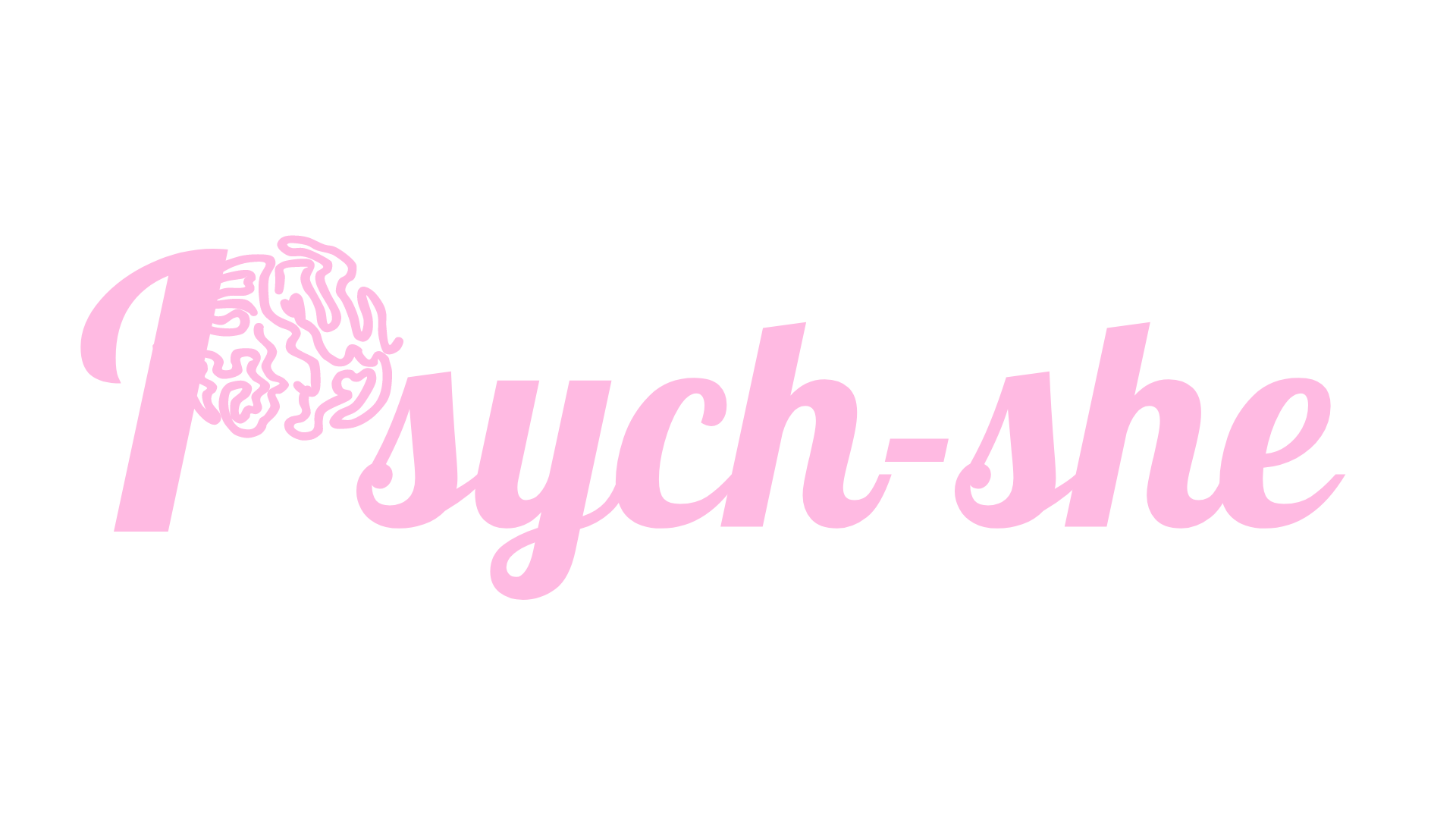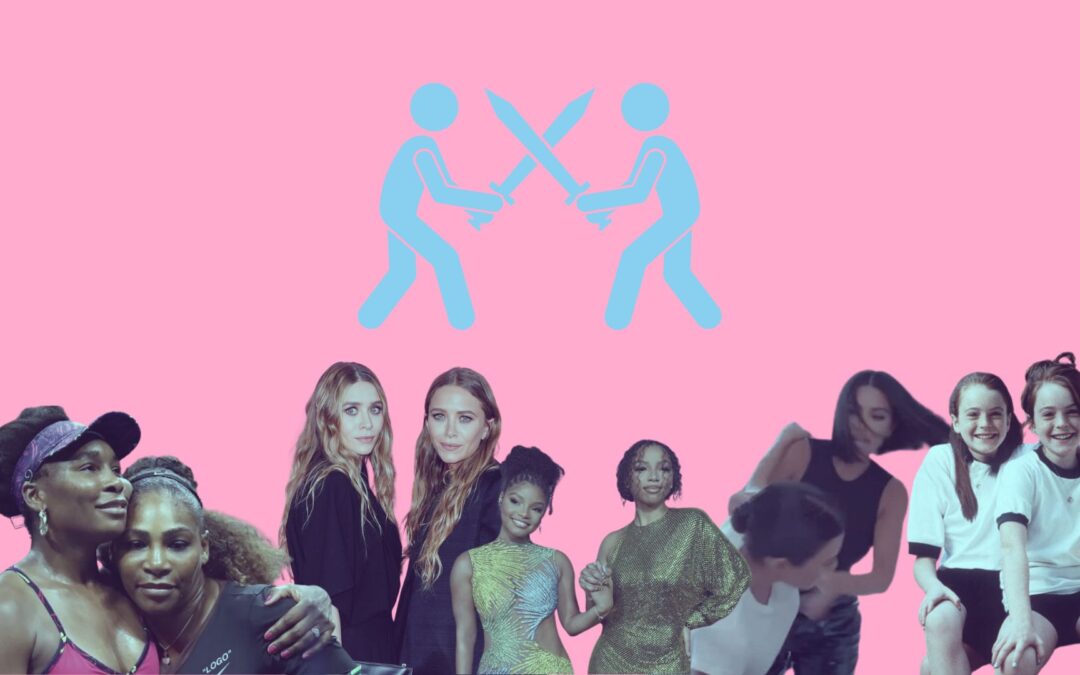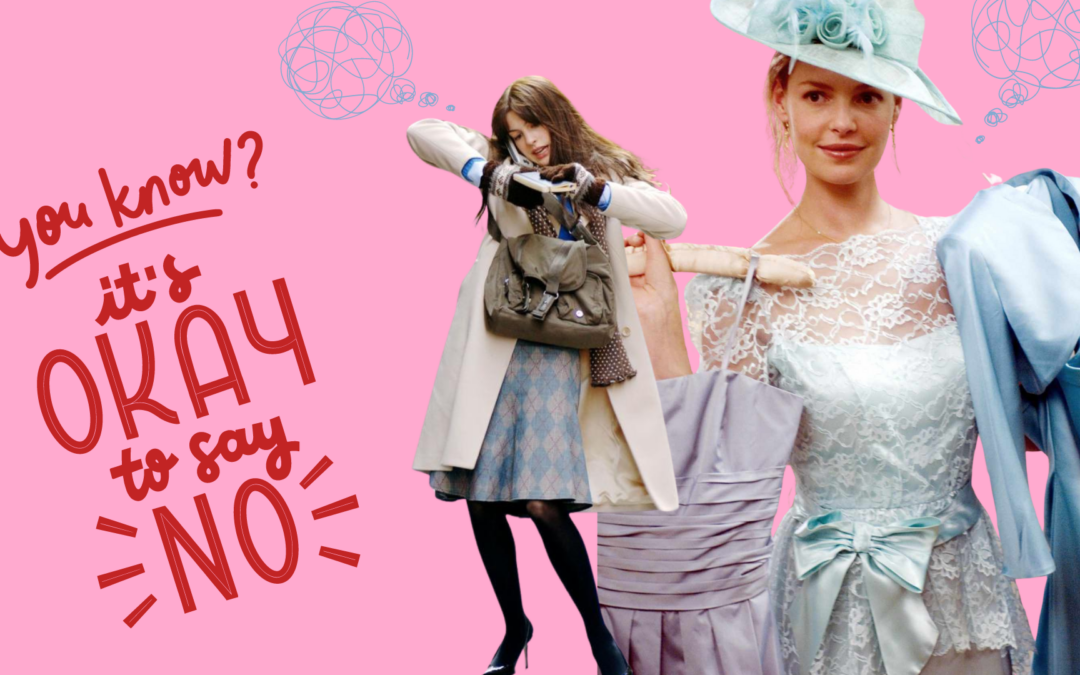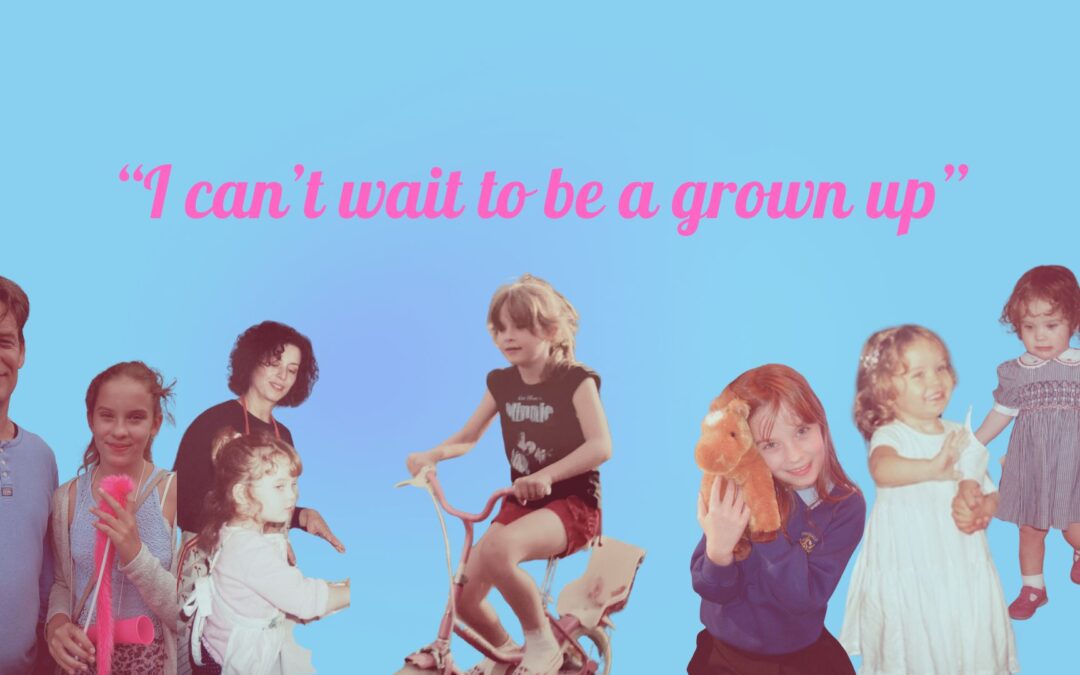In response to a recent article from The Spectator about Bridgerton 3, here are some of our thoughts (we are not okay).
Dear The (not so gentle) Spectator,
It has been brought to our attention that a piece has been published by you, which contains some intense and quite gasp-worthy opinions about the recent series of Bridgerton.
Your article titled ‘Bridgerton’s Big Fantasy’ written by Zoe Strimpel, starts as a review of Bridgerton season 3 and ends with the author unleashing her internalised misogyny onto a page and tearing down actress Nicola Coughlan and her character Penelope Featherington.
Firstly, we have a few words to say to the celebrated author Zoe Strimpel, the self-proclaimed feminist who has struck again with another completely shit attempt at representing women.
Unfortunately, we’re only aware of the writer because of the few shambolic articles that have made it onto our social media feeds due to her outlandish opinions.
Don’t think we have forgot the attempt to argue – in the midst of the #MeToo movement – that ‘women can be predatory too’, ignoring the hundreds of women who bravely came forward to detail the sexism and sexual assault that they had endured at the hands of men in power.
Whatever practices of feminism she is following clearly do not exist in the same world as ours.
We will start with the one single positive thing we have to say about this piece. It was short and over with very quickly – go The Spectator!
Any reader would assume that she must seriously love Bridgerton since her ideas about beauty standards are stuck in the Regency era. This was far from the truth, as we soon found out she had a few ungraceful criticisms for our beloved period drama.
The female rage came bursting in through the side door when comments relating to Coughlan’s body image started: Strimpel describes how Penelope’s ‘life on a plump periphery of the svelte and beautiful is also the fuel behind her (spoiler alert) secret identity as the all powerful gossip scribe Lady Whistledown.’
Well, (spoiler alert) we think it is absurd that this so-called feminist has been given the green light to express hatred about size in a way that she would never be able to about other matters, such as race or disability.
She has not even attempted to hide behind any worn out justifications for her body. We’ve all seen it. The tired and dusty justifications which the right like to pull out the drawer way to often. The concern for Coughlan’s health, or a desire to spark conversations about body image in the media.
Even if she had, we would have still violently rolled our eyes and deemed it utterly unacceptable but the fact that she has basically confessed that she doesn’t think non-svelte women can ever be hot, desirable or worthy of a lead role makes our skin crawl.
On behalf of us and all the other women reading this, seriously fuck you.
Whilst making reductive and diminishing comments about Coughlan’s body image, you are also insulting every single one of us who has ever been branded too fat, too thin, too curvy or bony because at this point, we can’t win.
It would be so nice to be able to enjoy seeing people of any shape or size on our screens without having a whiney voice somewhere in the distance, insinuating that the way we look has an impact on our worth. It’s bad enough some women look at their own bodies in such a negative way let alone another person, let alone another woman nit-picking to no end. If any feminist claims a woman’s size decides her value and beauty then they are not a feminist – they are an archaic bully. Period.
Also, we would love for Zoe Strimpel to explain to us what size someone must be before they are regarded ‘hot’. It would be great if she could make some sort of machine to churn out such objectively stunning women, because we’re not sure a single one of us would fit the criteria.
In terms of Penelope Featherington as a character, she is complex and embodies thoughts and feelings that most of us have experienced at some point in our lives.
She is a hopeless romantic who has been dreaming of her love interest Colin Bridgerton for the past three seasons. She faces immense pressure from both her mother and the rest of society, whilst also having her confidence diminished every time someone insinuates that she is going to struggle to find herself a husband. She feels judged constantly because she looks different to everyone else and she panics that her time to find love is a long way off.
If Zoe Strimpel has never experienced or had to worry about any of those feelings, she must be Superwoman and we all would love a bit of what she’s having!
The repetition of the adjective ‘plump’ made us feel severely uncomfortable and actually come to think of it, if this columnist was going to put forward such wild opinions with no shame, then she’d be able to come up with a better euphemism for calling someone fat than my grandma.
‘Plump’ is horrifically rude and condescending: even the likes of the Daily Mail would opt for ‘curvy’ so making the decision to appear ruder than them feels like a deliberate attempt to troll for the sake of it.
Strimpel then goes on to describe Coughlan as “not shapely – which can work as sexy even in Hollywood; she’s fat. There’s nothing wrong with fat – it’s hardly a moral shortcoming – but a zest for equality and diversity (and in this case good acting) just isn’t enough to make a fat girl who wins the prince remotely plausible.”
She may be waffling, but at least she’s no longer beating around the bush. By using the word ‘fat’, she has earned a badge of honour for having no shame in showing us her disgraceful prejudice for what it is.
By branding it not ‘remotely plausible’ Penelope’s character could win the heart of the rich bachelor Colin Bridgerton, Strimpel is yet again proving that she has yet again missed the mark and disregarded the whole narrative.
Colin may be a ‘perfect ten’ in her eyes but if we’re going to get down to the nitty gritty, we love him but he does nothing but sponge off the wealth of his family. He hasn’t faced anywhere near as much hardship as Pen and has simply been granted the opportunity to travel the world and has come back shagging anyone he sets his sights on.
But obviously, that is the behaviour that is celebrated rather than Penelope’s loyal pining – thanks for reminding us!
For people who aren’t seasoned in the Bridgerton trope department, (Strimpel, listen up) Colin and Penelope are partaking in a friends-to-lovers story arc: Penelope is an underdog who craves a romantic relationship with someone who knows her and gets her. Of course they are an unlikely pairing but we will say it again, that’s the point.
Well it’s one of the points, the other (more important) point being who gives a shit if Coughlan’s body image fits the trope, or the way Penelope is described in the books. She has been casted because she is beautiful, puts on a captivating performance and is immensely talented, why is it so easy to look past that?
To add fuel to our fire, Strimpel adds in some backhanded compliments; discussing Coughlan’s ‘expressive face’ and calling her ‘an actress of great value’ and a ‘lovely person to watch’.
These compliments, which do not come close to summarising Coughlan’s impeccable talent and presence on screen, do not exonerate her from the despicable things she has said, that quite frankly we wouldn’t even expect to hear in a playground, let alone from a grown ass woman.
As writers ourselves, we understand how important it is to ensure that everyone has a right to free speech and an opportunity to own their opinions because we’ve just done it, but we must ask you this: what makes you think for a second that this article was fit for publication?
Coughlan is an adult woman with feelings, who has previously stated that comments about her body make her feel uncomfortable, politely asking people to refrain from commenting where she can see it.
Just think about the beautiful woman who has done a brilliant job at portraying not just this complex character but so many iconic and diverse characters. Hannah from Harlots. Claire from Derry Girls. Maggie from Big Mood.
Side note: the fact we have access to free speech doesn’t excuse the fact that this disaster of a review was an example of hatred and bullying. Just because it was written by a woman doesn’t excuse the sheer amount of fucking misogyny we have just read.
This is especially relevant when you are a publication which prides itself on having ‘the best British journalists, authors, critics and cartoonists since 1828’- we sincerely hope not all of the writers are stuck in the 18th century.
Oh, and if it wasn’t clear feminist of the year of course goes to Zoe Strimpel.
The jury, dear reader, is out.
Kind regards,
Psych-She Magazine.




